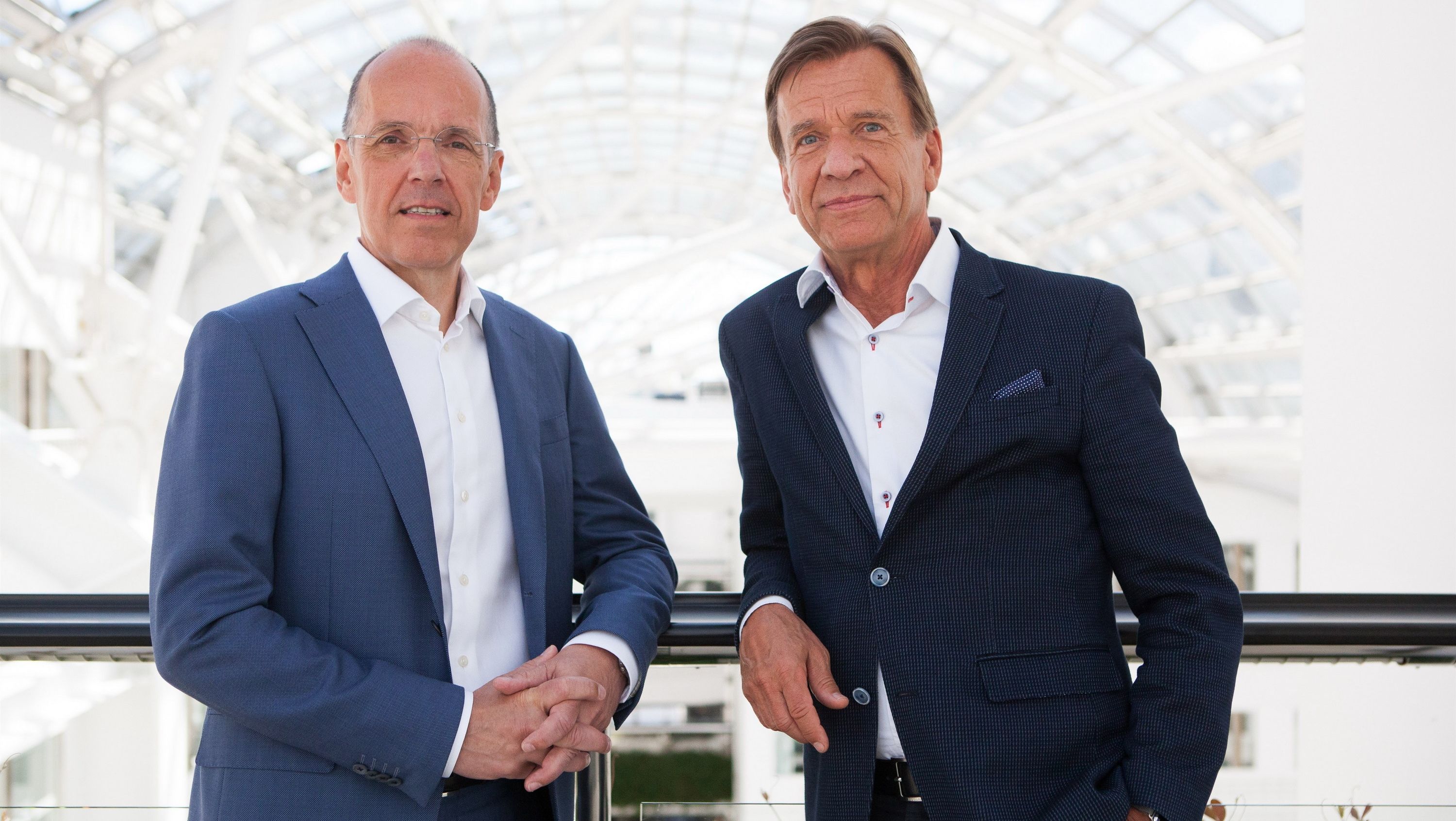Autoliv, a global automotive safety systems provider based out of Sweden, is partnering with Volvo in a joint venture to make autonomous driving software. The two companies hope to make driving safer through the implementation of new self-driving features, eventually pushing towards a future where full autonomy is the norm.
Currently, the new company is looking to set up shop in Gothenburg, Sweden, employing 200 workers pulled from both Autoliv and Volvo. The unnamed joint venture plans on eventually expanding to 600 employees, with operations commencing sometime early next year.
By joining forces, Autoliv and Volvo hope to create advanced driver assistance systems (ADAS) and autonomous driving (AD) systems, both of which will be incorporated into various Volvo products. Autoliv also expects to sell the ADAS and AD products to other automakers, with revenues shared between the two companies.
“This new company is a recognition of the fact that autonomous driving is the next step to transform road safety,” said Jan Carlson, chairman, president and chief executive at Autoliv.
For now, the plan is to get the ADAS products up and running by 2019, while the AD systems will see a release in 2021.
“By combining our know how and resources we will create a world leader in AD software development,” said Hakan Samuelsson, president and chief executive at Volvo. “This means we can introduce this exciting technology to our customers faster.”
Continue reading for the full story.
The Full Story
This latest announcement should come as no surprise to anyone following Volvo’s activities lately. The Swedish automaker prides itself on its safety record, advertising how it was the first to offer a three-point safety belt as standard equipment back in 1959 (Volvo 122). Furthermore, Volvo says that by the year 2020, no one will be killed or seriously injured in a new Volvo model. That’s the plan, at least.
Obviously, Volvo’s goal is rather lofty, but based on promises made by autonomous driving advocates, it might not be that far fetched. The safety of self-driving cars has been called into question lately, in particular when it comes to Tesla’s auto-pilot system, but the more you look into it, the more you realize how much good fully autonomous drive systems can do in the long-term. That’s not to say there aren’t drawbacks (there are always drawbacks), but properly applied, AD has a real potential to save countless lives.
Of course, there is still some negotiations going on between the two companies, so it’s possible this aforementioned joint venture will fall apart. However, if Volvo wants reach its goal of no serious injuries or deaths in new Volvo models by 2020, it’s gonna need to get a move on.

